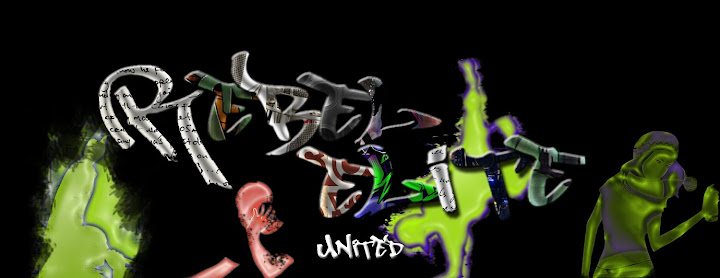

Cooking up some Chicken Tetrazzini manaña... and it's on! This Wednesday, Feb. 23rd Santa Babylon presents 6BLOCC. Rocking heads all night, all long. Come kick off 2011 with the home team, party starts at 9. 6BLOCC aka R.A.W. is the LA originator. Personally, being granted the opportunity to spit for him is a humbling experience. For those unfamiliar, 6BLOCC is a double-droppin’ badman and unparalleled technical turnbalist. Starting out a hip-hop head in ‘85, he went on to reign supreme as R.A.W. in the US Jungle scene. He released “Ragga 2001” which became a landmark joint for the stateside sound on the global stage. His west-coast method behind the decks earned R.A.W. worldwide tours, mass exposure, and respect amongst the UK elite.
In 2006 he decided to try his hand at dubstep and reinvented himself as 6BLOCC. With dubstep still nascent in the US, in 2008 he mixed the now seminal LoDubs compilation 'ANALOG CLASH', which was the first release of bass weight bangers featuring producers in both Americas, exclusively. With output on labels such as Lo Dubs, N2O, Tribe Steppaz UK, Bootshake UK, La Dubstep Nostra, and the popular white label War Recordings, 6BLOCC will set the bar for Santa Barbara’s dubstep scene, with a bass that is felt for six blocks. Salsipuedes Riviera to Cabrillo Waterfront. Westside San Andres to Upper State. SB, can you feel it??
http://www.6blocc.com/
Troll us on Facebook: “ Santa Babylon”
Outs to our boy Akaida for the video/interview.
Also blazing out night will be your bassline bredren, Santa Babylon clique: ERS-ONE + STEP CORRECT + 9FEETOFSMOKE + MC HOODZPAH + CHADILLAC. This special Santa Babylon is a not miss... SB Steppas, step up!! Boomin' inna 6 block radius. P.E.A.C.E.




